56 non-governmental organizations and individuals from academia have signed an open letter addressed to the Romanian Parliament expressing their support for the introduction of gender quotas on candidate lists for the upcoming parliamentary elections.
“In the 2020 and 2016 elections, the percentage of women among the total number of candidates was very close to 30%. However, as they were not placed in eligible positions, the percentage of elected women was below 20%. Romania is last in terms of gender equality, according to the most recent report from the European Institute for Gender Equality (EIGE), and second to last in terms of women's political power. Gender quotas do not merely represent numbers, percentages, or positions. Gender quotas are necessary both to address historical inequalities regarding the level of women's political representation and to ensure the principles of representative democracy,” the NGOs argue in the open letter.
Although the percentage of female candidates increased in the 2020 and 2016 parliamentary elections, women were kept at the bottom of the lists. As a result, only 19.1% of Romanian MPs elected in 2016 were women. The percentage decreased to 18.5% in 2020, ranking 124th in the world.
Gender quotas ensure women’s participation in public life and decision-making bodies, which in turn brings about the development of democratic institutions, the letter further states.
“Ensuring a minimum representation of 33% of women on candidate lists for general elections, as provided for in the bill Pl-x 308/2022, is a necessary legislative measure but not sufficient if women remain at the bottom of the lists, without genuine access to eligible positions. Zipper-type lists can guarantee minimal representation for both men and women on each electoral list,” it adds.
“We believe that any party seeking the votes of women should support legislation that ensures their real representation. The introduction of gender quotas along with clear rules regarding candidate placement or order on the lists accelerates progress in increasing women's political representation in the Parliament, as demonstrated by the 11 European Union member states (France, Belgium, Portugal, Slovenia, Spain, Greece, Croatia, Poland, Ireland, Luxembourg, Italy) that already have gender quotas in their parliamentary election laws,” the open letter concludes.
Romania will hold parliamentary elections in 2024.
(Photo source: Vchalup | Dreamstime.com)


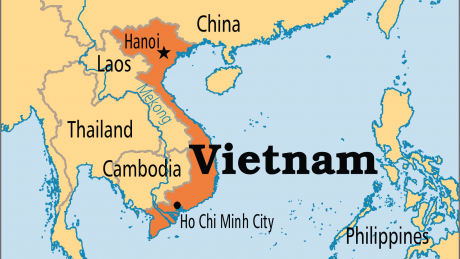






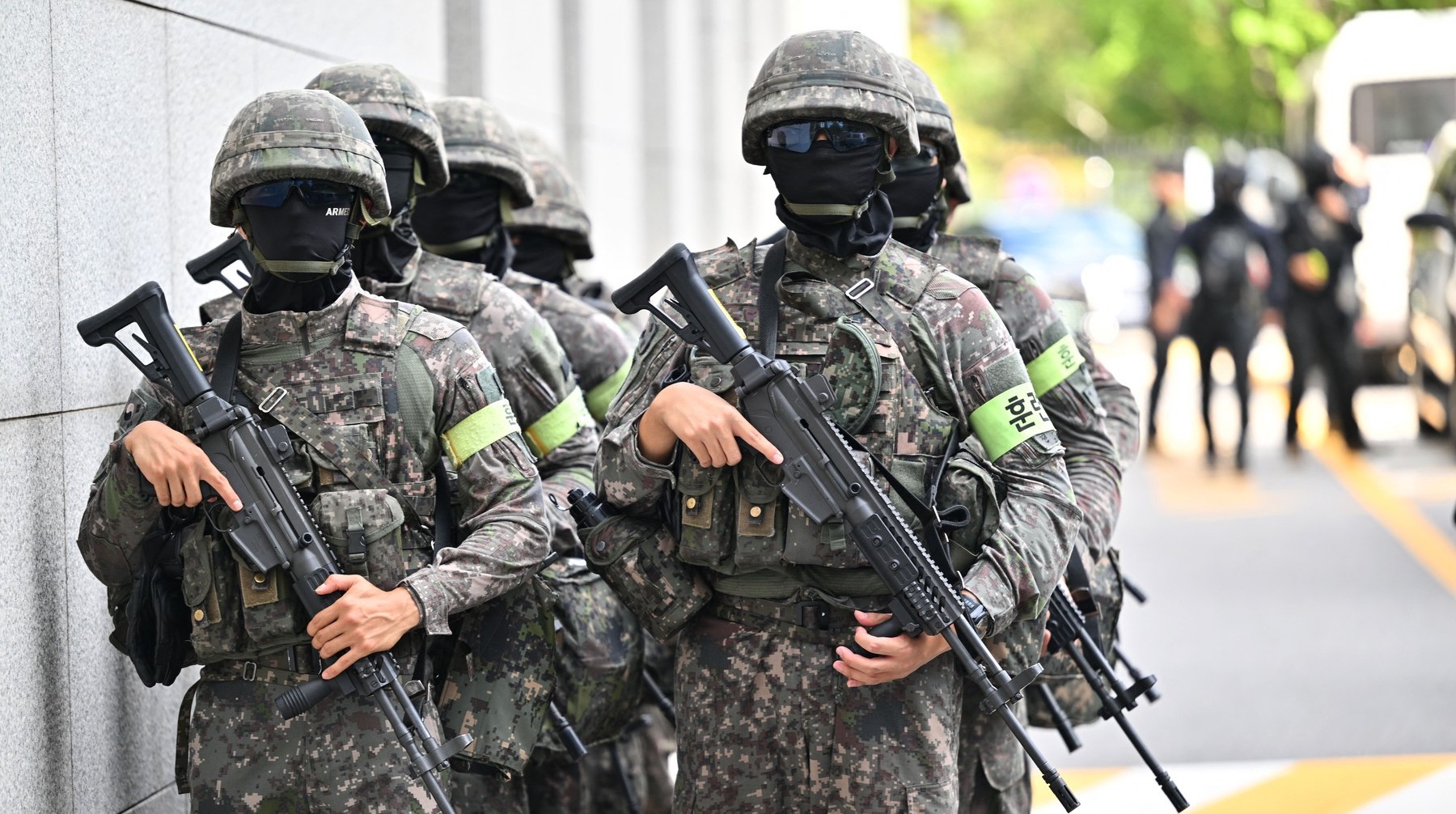


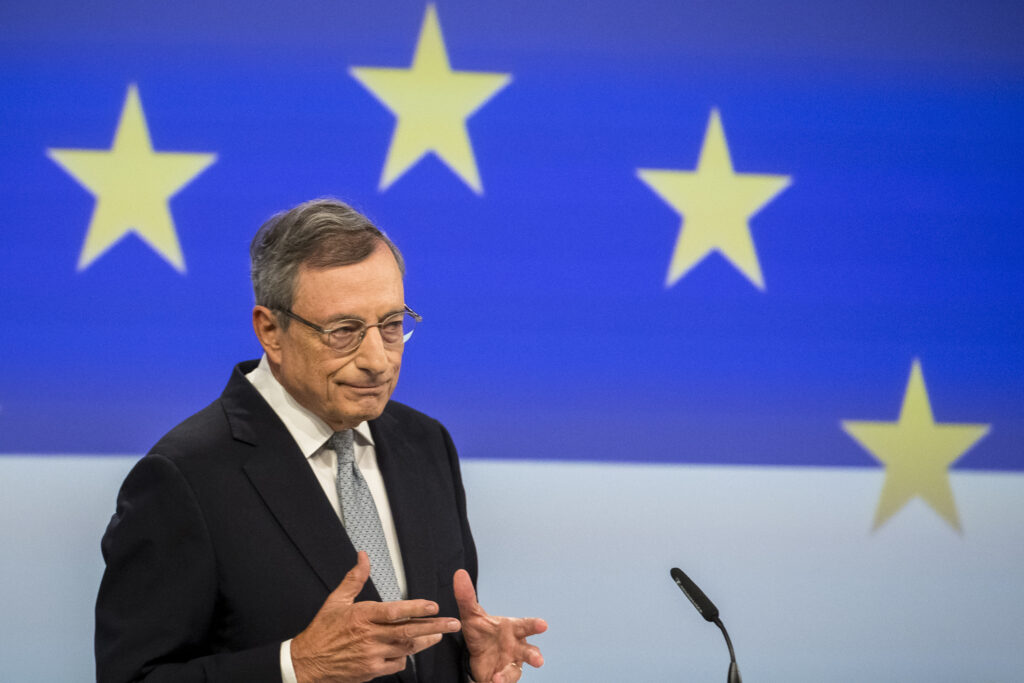




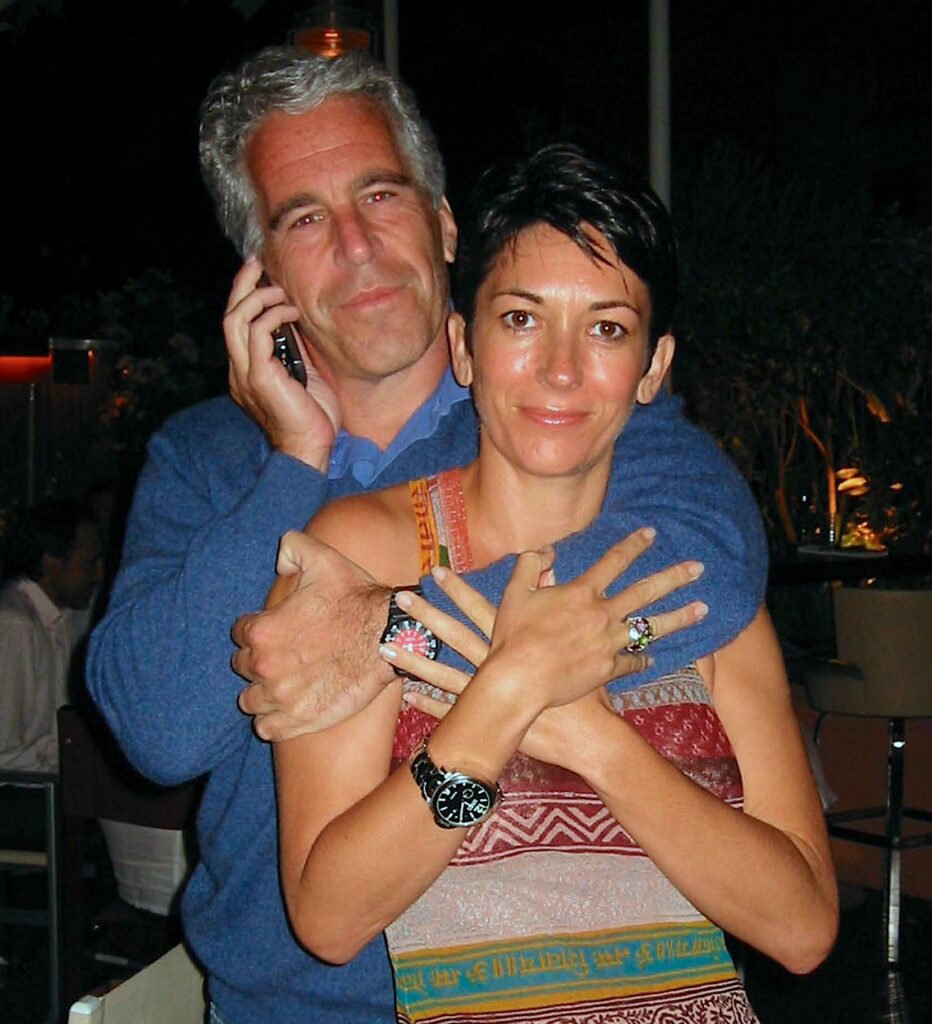
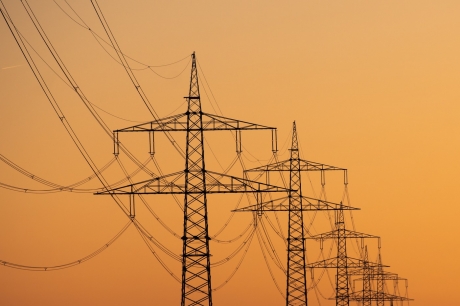
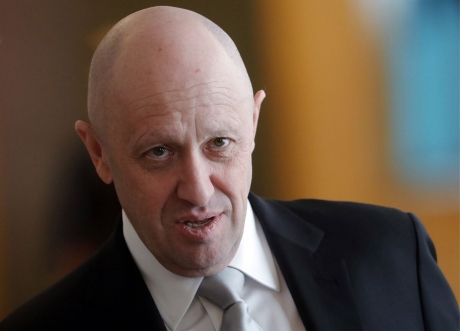


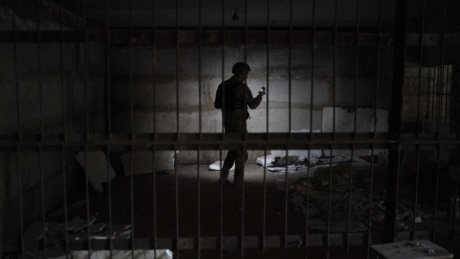

 English (US) ·
English (US) ·  Romanian (RO) ·
Romanian (RO) ·